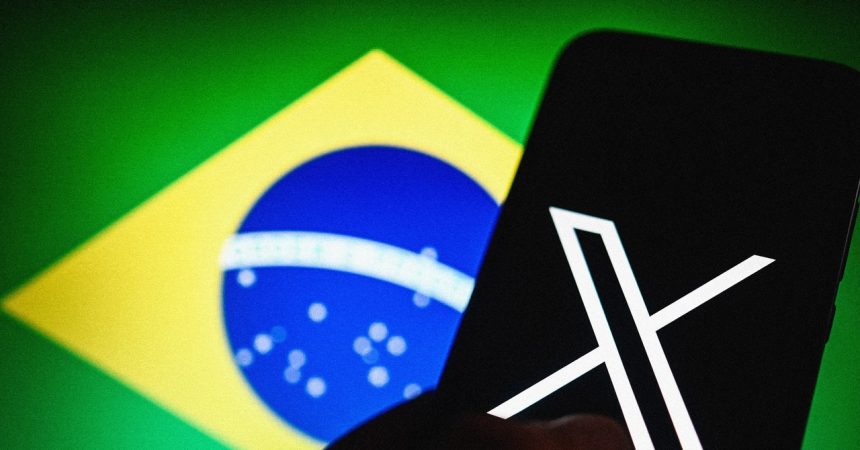Today, after a month-long suspension, X is now live again in Brazil. The platform had been suspended since late August after a showdown with the country’s Supreme Court, in which X refused a court order to remove certain right-wing accounts and content that the court said violated Brazilian law. After weeks of not complying, it seems Elon Musk has caved.
Brazilian Supreme Court justice Alexandre de Moraes authorized X’s return after the company blocked profiles accused of disseminating false information, reappointed a legal representative in the country, and paid fines that amounted to 28.6 million reais ($5.1 million).
X issued a statement on its platform, saying it is “proud to return to Brazil.” “Giving tens of millions of Brazilians access to our indispensable platform was paramount throughout this entire process,” the statement read. “We will continue to defend freedom of speech, within the boundaries of the law, everywhere we operate.”
“I think that what he saw in the end was that he had no choice,” says Nina Santos, a digital democracy researcher at the Brazilian National Institute of Science & Technology who researches the Brazilian far right. “And also, people in Brazil were just starting not to care.”
Shortly after Musk took over what was formerly Twitter in October 2022, the company received a consent decree from the Brazilian court, threatening a ban if it didn’t keep its commitments to curtail election-related mis- and disinformation during the country’s presidential run-offs. According to employees who spoke to WIRED at the time, the trust and safety staff were able to persuade Musk to keep Twitter’s policies and guardrails in place. But less than two weeks later, Musk laid off more than half the company, including the majority of the company’s trust and safety staff.
Musk’s “free speech absolutism” also meant that the company reinstated accounts that had previously been banned. At the same time, the company rolled back moderation, which allowed misinformation and hate speech to proliferate on the platform.
In April, de Moraes served the company with an order to take down a select group of accounts and content that, the court says, spread disinformation about the country’s electoral system. (In 2023, after former right-wing president Jair Bolsonaro lost the election, his supporters stormed the Brazilian legislature.)
Read the full article here










